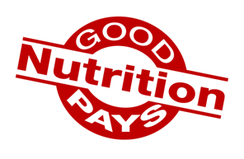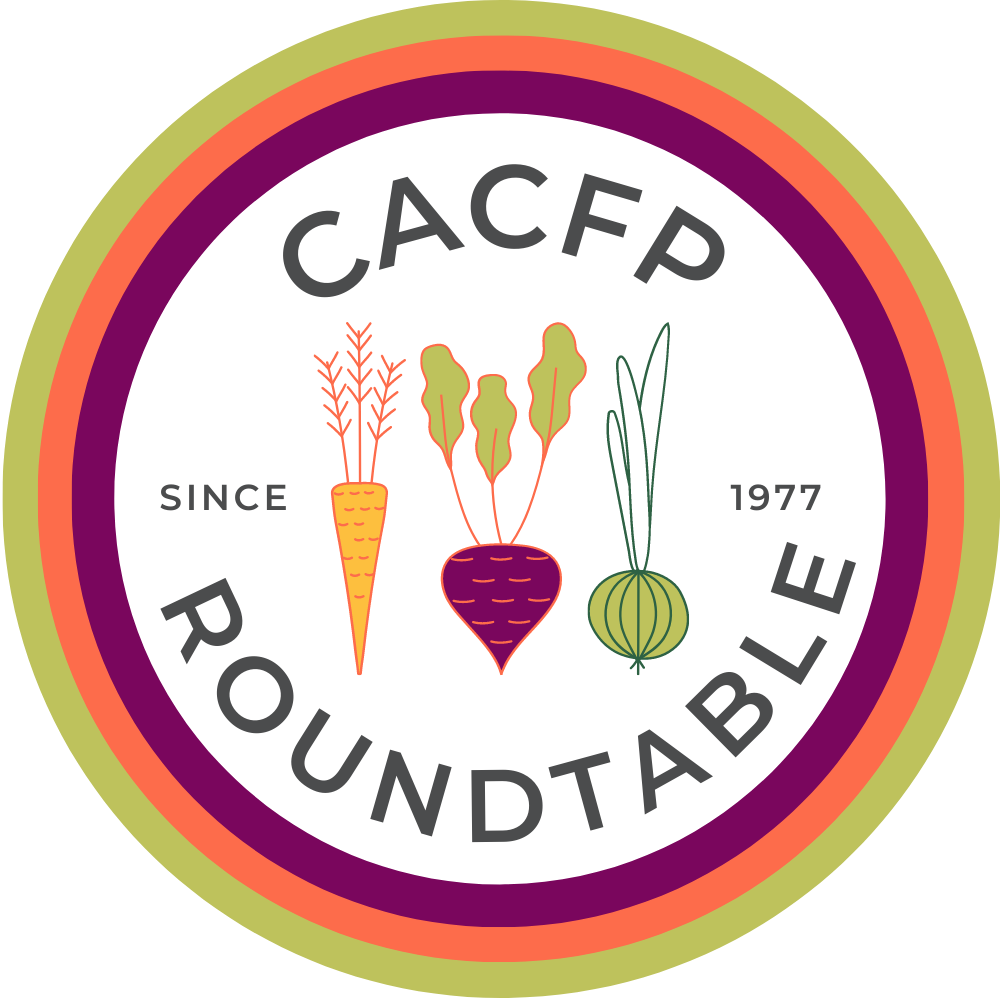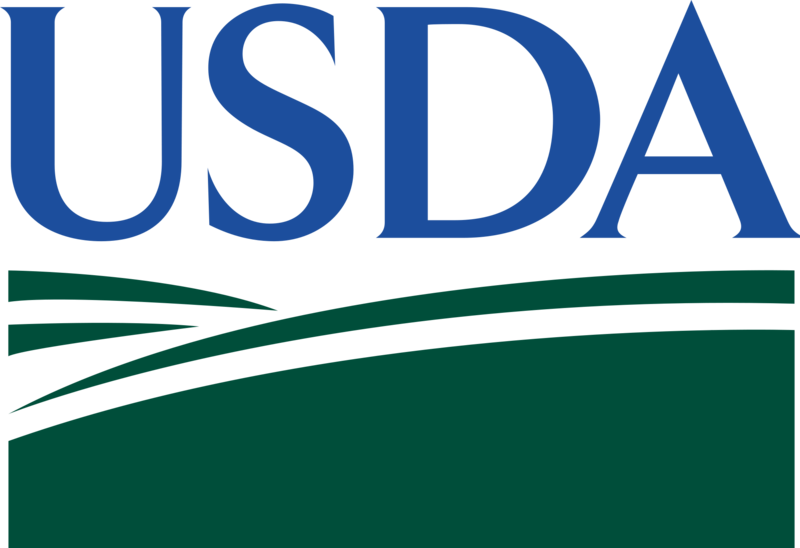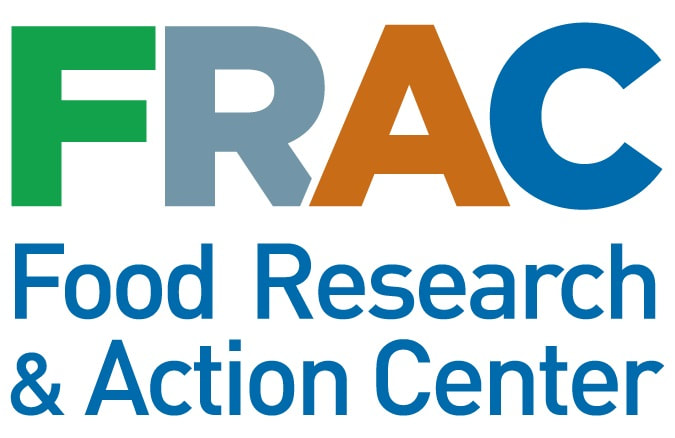|
Child Nutrition Policy Memos
2017-2018 06/01/2018SP18-2018 CACFP13-2018Child Nutrition Programs’ Flexibilities for School Year 2018-2019 05/24/2018SP 15-2018, CACFP 12-2018, SFSP 05-2018Child Nutrition Program Waiver Request Guidance and Protocol- Revised 04/12/2018CACFP09-2018Grain Requirements in the Child and Adult Care Food Program; Questions and Answers 04/04/2018CACFP10-2018Conducting Five-Day Reconciliation in the Child and Adult Care Food Program, with Questions and Answers 04/04/2018CACFP09-2018Grain Requirements in the CACFP: Questions and Answers 01/19/2018SP05 CACFP05-2018Providing Child Nutrition Program Benefits to Disaster Survivor Evacuees 01/18/2018FD144 SP04 SFSP01 CACFP04-2018Market Basket Analysis when Procuring Program Goods and Modifying Contracted-For Product Lists 11/21/2017FD-107Donated Food Storage, Distribution, and Product Dating 10/19/2017CACFP02-2018Feeding Infants and Meal Pattern Requirements in the Child and Adult Care Food Program; Questions and Answers 10/19/2017CACFP01-2018Grain Requirements in the Child and Adult Care Food Program; Questions and Answers 09/20/2017CACFP18-2017Clarifications: Funding Levels for FY 2018 Child and Adult Care Food Program Audit Fund Allocation 06/30/2017CACFP16-2017Grain-Based Desserts in the Child and Adult Care Food Program 06/30/2017CACFP17-2017Documenting Meals in the Child and Adult Care Food Program 06/29/2017SP36 CACFP15 SFSP11-2017Eligibility Manual for School Meals 06/22/2017CACFP14 SFSP10-2017Modifications to Accommodate Disabilities in CACFP and SFSP 05/10/2017SP30 CACFP13-2017Transition Period for Updated CACFP, Infant, Preschool Meal Patterns 04/26/2017SP27 CACFP12 SFSP08-2017Child Nutrition Program Waiver Request Guidance and Protocol 04/12/2017CACFP11-2017Request for Additional FY17 CACFP Audit Funds 04/06/2017CACFP10-2017Taking Food Components Offsite in the At-Risk Afterschool Component of CACFP 03/23/2017CACFP09-2017Vegetable and Fruit Requirements in CACFP: Q&As 03/10/2017CACFP08-2017Questions and Answers on the Updated Meal Pattern Requirements for the Child and Adult Care Food Program 02/27/2017SP18 CACFP07-2017FY2017 Reallocation of State Administrative Expense Funds in Child Nutrition Programs 01/17/2017CACFP06-2017Feeding Infants and Meal Pattern Requirements in the Child and Adult Care Food Program; Questions and Answers Procuring Local Foods for Child Nutrition Programs
Guide: Procuring Local Foods for Child Nutrition Programs covers procurement basics, defining local, where to find local products, and the variety of ways schools can purchase locally in accordance with regulations. This version incorporates information about micro-purchases, buying local foods for child care and summer meal programs and more real-world examples. Check out the guide for sample solicitation language, detailed geographic preference examples and helpful resources. Need to print in a hurry? Check out the printer-friendly version of Procuring Local Foods for Child Nutrition Programs for all the same content, just in black and white.
Streamlining CACFP
Reports
Policy Guidance
Add Color with Fruits and Vegetables Booklet From the American Heart Association
More Partnerships, Friends and Colleague resources
may be found here. |
Adult and Senior Nutrition Programs
Senior Farmers' Market Nutrition Program (SFMNP)USDA. Food and Nutrition Service. Learn about SFMNP, which provides fresh fruits and vegetables to eligible seniors through farmers markets and roadside stands. See also: Commodity Supplemental Food Program (CSFP)USDA. Food and Nutrition Service. The Commodity Supplemental Food Program (CSFP) works to improve the health of low-income elderly persons at least 60 years of age by supplementing their diets with nutritious USDA Foods. Nutrition Services Older Americans Older Ameicans Nutrition Fact Sheet Whats New CACFP
CACFP ManualsAdult Day Care HandbookAt Risk/Afterschool HandbookAt Risk/Afterschool Meals GuideFamily Day Care Home Monitor HandbookMonitoring Handbook for State AgenciesIndependent Child Care Centers HandbookCACFP Serious Deficiency HandbookCACFP Crediting HandbookFood Buying Guide |




